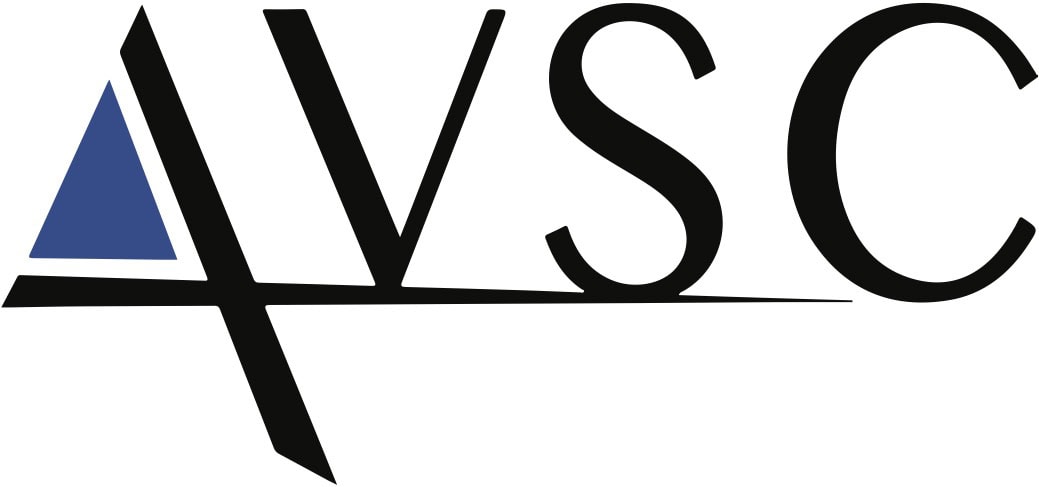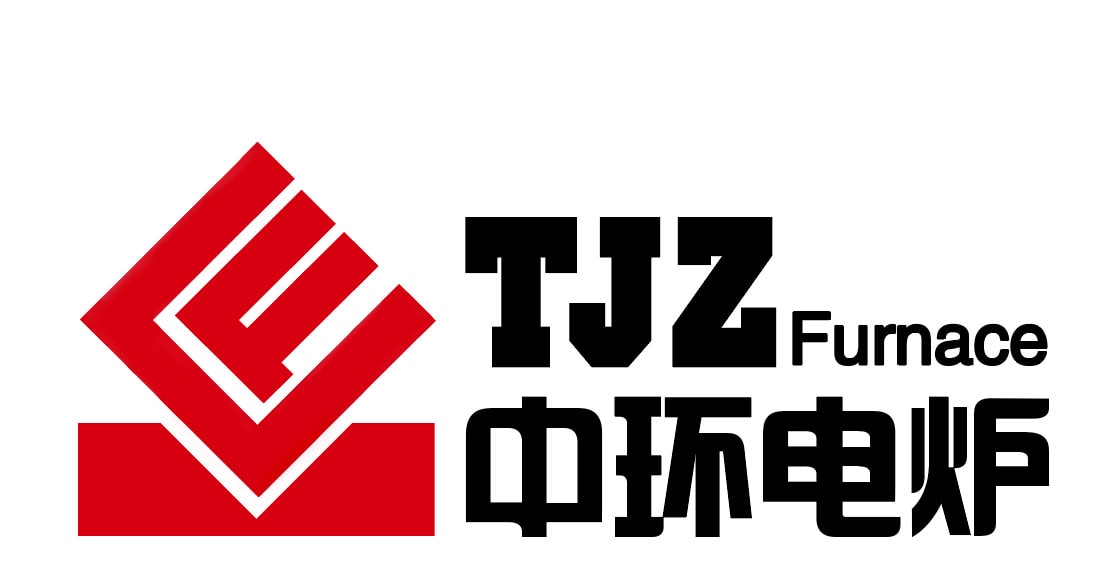SYMPOSIUM 19: Molecular-level Processing and Chemical Engineering of Functional Materials
The synthesis of materials using molecular precursors is a highly effective method for obtaining compounds with controlled and adjustable compositions, crystal structures, morphologies, and property profiles. Therefore, designing suitable molecular precursors, along with a thorough understanding of their thermal conversion into desired functional materials, is crucial for enhancing rational preparative concepts aimed at creating custom (multi)functional structures. Utilizing molecular synthesis techniques for functional materials is particularly attractive due to their excellent atom economy, their ability to yield well-defined chemical and phase compositions, and their potential to produce unique morphologies and metastable phases. By leveraging these techniques, we can achieve unprecedented material designs that fulfill specific functional requirements.
This Symposium brings together materials chemists, ceramists, and materials engineers who are developing new concepts and pathways for synthesizing, net-shaping, and integrating functional materials into devices. Although traditional top-down methods are preferred for their simplicity and somewhat predictable nature, they primarily operate within thermodynamic regimes and are less suitable for synthesizing multi-component and hybrid (organic-inorganic) materials. Despite the advantages of molecular-level processing of inorganic solids, a significant challenge arises from the limited understanding of molecule-to-material transformations, coupled with the fact that many molecular precursors are not commercially available. Contributions will critically assess the roles of precursor chemistry and additives in solutions, including techniques such as sol-gel, solvothermal, electrospinning, microwave processing, Chemical Vapor Deposition (CVD), and Atomic Layer Deposition (ALD). Specific emphasis is placed on material manufacturing strategies like 3D printing, chemically controlled assembly, and the purpose-driven modification of materials. A focus will highlight non-conventional synthesis and analytical methods that enable in-situ diagnostics and provide mechanistic insights into nucleation, growth, and self-assembly. The need for new and innovative chemical processing methods to achieve specific material compositions, which can integrate advancements in materials processing techniques with the existing knowledge base of materials chemistry, will also be emphasized in this Symposium. The industrial potential of chemically processed materials will be analyzed and discussed in relation to their simplicity, scalability, and cost-effectiveness. Furthermore, aspects related to the potential use of molecular precursor synthesis concepts toward a circular economy, waste-free processes, and effective materials recycling will also be considered and critically discussed.
Proposed Session Topics
- Precursor chemistry – structural and thermal transformations
- Chemically processed nanostructures and on-surface nanochemistry
- Two-dimensional materials and their chemical functionalization
- Solution-processing of nanomaterials for optical, catalytic, and sensing applications
- Molecular precursor approaches for vapor-phase synthesis (ALD, CVD) of materials
- In-situ characterization of micro-structure evolution
- New processing methods, 3D printing, and knowledge-driven processing
- Scaled-up production of precursor-derived materials
- Materials integration and device applications
Symposium Organizers
- Peter Kroll, The University of Texas, USA
- Yoshiyuki Sugahara, Waseda University, Japan
- Samuel Bernard, University of Limoges, France
- Christina Birkel, Arizona State University, USA
- Emanuel Ionescu, Technische Universität Darmstadt, Germany
- Thomas Konegger, TU Wien, Austria
- Ravi Kumar NV, Indian Institute of Technology, Madras, India
- Sanjay Mathur, University of Cologne, Germany
- Christelle Salameh, University of Montpellier, France
- Gurpreet Singh, Kansas State University, USA
Point of Contact
- Peter Kroll: pkroll@uta.edu
- Yoshiyuki Sugahara: ys6546@waseda.jp










